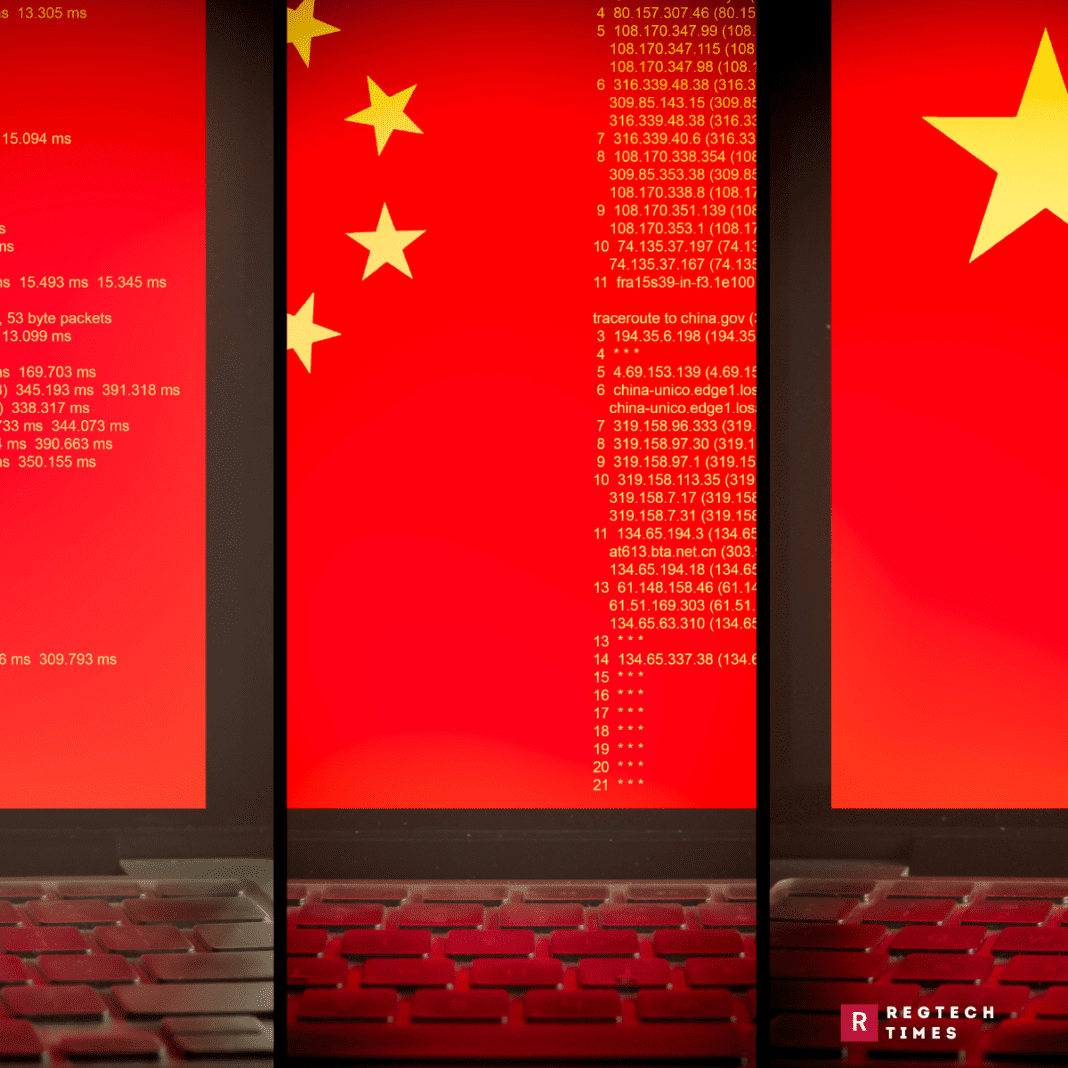The US and the UK have announced sanctions on State-Backed Hackers, a noteworthy development that underscores the growing cyber tensions between Western nations and China. The imposition of these penalties is a reaction to claims that hackers connected to China’s government espionage agency carried out a cyberattack operation spanning several years. This campaign has shown the wide scope and complexity of China’s cyber espionage activities by specifically targeting politicians, journalists, corporations, and even political dissidents.
The governments of the US and the UK have accused these State-Backed Hackers of running sophisticated phishing schemes against Chinese opponents, which led to the penetration of email systems and networks. This operation highlights the wider ramifications for global cybersecurity and the integrity of democratic institutions, in addition to highlighting the targeted nature of these operations.
A Coordinated Response to Cyber Threats
The US and UK have announced coordinated measures in an attempt to stop what they see as aggressive and hostile cyber activity by the Chinese government. Wuhan Xiaoruizhi Science and Technology Company Ltd. has been sanctioned by the US Treasury’s Office of Foreign Assets Control because it was found to be a front organization for the Chinese Ministry of State Security. The fact that this business has been linked to several malevolent cyber activities as cover underscores how complex state-sponsored cyber espionage may be.
The Wuhan organization has identified two Chinese nationals, Zhao Guangzong and Ni Gaobin, in particular for their involvement in cyber operations directed at vital US infrastructure sectors, such as aerospace, military, and energy. The cyber hacking outfit APT 31 (Advanced Persistent Threat 31), which is made up of intelligence agents and State-Backed Hackers under contract with the state, is responsible for these operations.
The Global Reach of APT 31
The deliberate targeting of senior US government officials and advisors by APT 31, which is detrimental to US national security, makes clear the strategic purpose of these cyber-espionage operations. A 14-year cyber campaign that targeted opponents, companies, and government leaders both domestically and internationally has been brought to light by the US Department of Justice’s charging of Zhao, Ni, and five other hackers with conspiracy to commit computer intrusions and wire fraud.
Over 10,000 infected emails with concealed tracking links were sent as part of this attack, giving APT 31 access to private information about its targets. Further highlighting the geopolitical objectives behind these cyberattacks, the emails targeted government officials worldwide who were critical of China’s policies, including White House personnel and election campaign workers from both major parties.
UK’s Stand Against Cyber Espionage
The fines imposed by the UK on those accountable for a cyberattack that may have exposed the personal data of tens of millions of UK citizens highlight the grave consequences of cyber espionage on both democratic processes and national security. Even while it has been said that the election registration hack had no effect on the electoral process, the incident raises questions about how vulnerable vital national infrastructure is to foreign cyberattacks.
Although no parliamentary accounts were successfully penetrated, British cybersecurity experts have also revealed that Chinese State-Backed Hackers have engaged in reconnaissance operations targeting lawmakers who are critical of Beijing. This behavior is a part of a larger pattern of intimidation and attempted hacking aimed at Inter-Parliamentary Alliance on China members. The group is an international organization that works to highlight rights violations and challenge Beijing’s influence.
Cybersecurity and International Relations
The US and UK’s announcement of penalties on Chinese State-Backed Hackers is a turning point in the ongoing fight to defend cybersecurity and democratic ideals from outside influence. These sanctions serve as a reminder of the necessity of collaboration and alertness in the face of advanced cyber dangers, particularly as the international community struggles with the issues presented by cyber espionage.
The response from the Chinese government underscores the intricate dynamics at work in international relations, as it calls on the US and UK to desist from politicizing cybersecurity problems. In the digital age, cybersecurity is still a major point of disagreement and cooperation as countries attempt to strike a balance between security and diplomacy.
It’s imperative to take extra precautions and be more mindful of cybersecurity issues as the 2024 election cycle draws near. The international community has to collaborate to create practical plans for thwarting cyber espionage and safeguarding the integrity of international cyber and democratic spaces, especially when nations such as the US and UK take firm action against foreign cyber threats.



